Understanding the Link Between Homocysteine Levels and Behavioral Symptoms in Dementia with Lewy Bodies
Recent research has shown a strong connection between high levels of plasma homocysteine (tHcy) and behavioral and psychological symptoms of dementia (BPSD) in patients with Dementia with Lewy Bodies (DLB). This is an important step forward in understanding how metabolic changes can affect brain function, especially in people with this specific type of dementia. At Apollo Health, we’re always looking for ways to help manage and improve the brain and body health of our patients, and this discovery opens new doors for care.
Study Overview
In a study of 82 DLB patients and 134 healthy individuals, researchers evaluated the mental state and behavioral symptoms of DLB patients using tools like the Mini-Mental Status Examination (MMSE), Clinical Dementia Rating scale (CDR), and the Neuropsychiatric Inventory (NPI). They also measured levels of plasma homocysteine, vitamin B12, and folate in all participants.
The study found that 92.7% of DLB patients experienced behavioral and psychological symptoms, with hallucinations, apathy, and delusions being the most common. Elevated homocysteine levels were strongly linked to these symptoms, affecting 10 out of the 12 areas measured by the NPI, except for agitation/aggression and disinhibition.
The Role of Homocysteine in Dementia
Homocysteine is an amino acid that, when at high levels, can harm the brain. Increased homocysteine has been connected to a higher risk of cognitive decline and neurodegenerative diseases like Alzheimer’s and DLB. This study suggests that high homocysteine levels might worsen behavioral symptoms in DLB patients, which can lower their quality of life and place a greater strain on caregivers.
Interestingly, the study did not find a strong link between homocysteine levels and cognitive scores or the overall severity of dementia. This suggests that while homocysteine may not directly cause cognitive decline in DLB, it plays an important role in the behavioral issues that make dementia harder to manage.
Why Managing Homocysteine is Important
This study highlights that managing homocysteine levels could be a key factor in controlling the behavioral and psychological symptoms of dementia. By lowering high homocysteine levels, we might not only protect brain function but also improve the quality of life for people with DLB and other forms of dementia.
At Apollo Health, we focus on a holistic approach to brain health that includes looking at metabolic and nutritional factors. Elevated homocysteine can often be reduced through dietary changes, such as increasing intake of folate, vitamin B12, and vitamin B6, or through targeted supplements. This aligns with our focus on supporting brain, body, and overall biochemistry to help people achieve better health.
The Road Ahead
While this research offers valuable insights, it’s important to remember that more long-term studies with larger groups of people are needed to fully understand how homocysteine affects dementia progression. However, this study emphasizes the importance of early action and managing metabolic factors as part of a complete care plan for DLB patients.
Conclusion
At Apollo Health, we believe that improving brain function is not just about treating symptoms, but also about addressing the underlying biochemical factors that contribute to disease. This study provides more evidence that controlling homocysteine levels could make a big difference in managing the behavioral symptoms of dementia with Lewy bodies.
As part of our mission to promote long-term health, we encourage our patients to take proactive steps to address key metabolic factors like homocysteine levels. By doing so, we can help individuals and families live healthier, more fulfilling lives.
If you’re interested in improving your brain health, reach out to Apollo Health today to learn how we can support your journey to better health.
